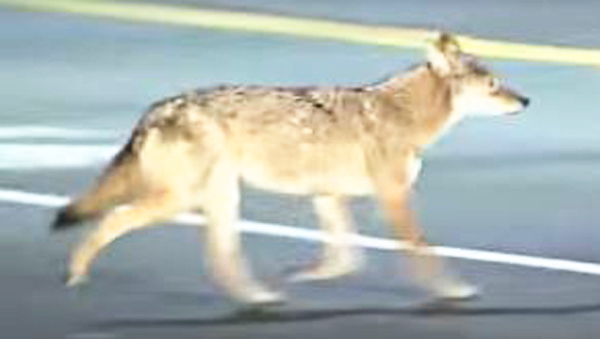- info@wildlifeanimalcontrol.com
Call us for help in your town
Wildlife Control Education
Are coyotes a danger to pets?
We already know that the coyote is rarely a danger to humans unless intensively provoked, and then they might retaliate. The coyotes usually feed on rodents, frogs, other small animals and fish. They also feed on worms in the ground. Coyotes also carry very bad diseases but are not easily transmitted to humans because of the reduced contact between humans and coyotes. Whenever one spots a coyote, they feel intimidated because of the assumption that coyotes randomly attack humans in search for food. This is not true. However, there are some cases where attacks from coyotes have been reported and this was because the coyote was provoked enough, it was defending its habitat of because it really wanted food for its offspring or itself.

It is important to know that pets such as dogs and cats are not a subject on the list of the coyote’s prey because these two sets of pets are usually very noisy and tend to fight back once approached by a coyote. Dogs are completely immune to attacks by coyotes. However, puppies and smaller dogs might be at a slight risk. Cats are usually very defensive when threatened by another animal. Cats usually hiss, spit and buff up their fur and also produce sharp claws in an attempt to scare away its offender. If a cat ever approached a burrow filled with baby coyotes, the mother coyote will usually chase the cat away.
The coyote is however a massive danger to farm animals. Animals such as rabbits, Ducks, Guinea pigs, Chickens, poultry are some of the animals at the top of the coyote’s diet. Livestock are also in danger of being eaten by coyotes because they are usually non-aggressive animals. Birds in cages are also at risk from being eaten by coyotes when let out. Coyotes are usually omnivorous animals therefore vegetables and meat are the main components of its diet. Livestock offspring which are small are usually attacked by coyotes because they cannot outrun the coyote. The coyote usually a sly and cunning animal.
As we have seen, animals on the farm or reared in cages when let out are more prone to be attacked and eaten by coyotes. This is because most of them are small in nature and can easily be devoured by the coyote. Pets like dogs and cats however, are not considered as prey by the coyote because of their defensive techniques which include noises and gestures that intimidate the coyote. To humans, there is minimal risk because coyotes are usually scared of humans.
It is good to know that if you have farm animals, you must employ protective techniques against wild coyotes because they might just sneak in and eat one of your chickens.
Go back to the How to get rid of coyotes home page.
Need coyote removal in your hometown? We service over 500 USA locations! Click here to hire us in your town and check prices - updated for year 2020.

















